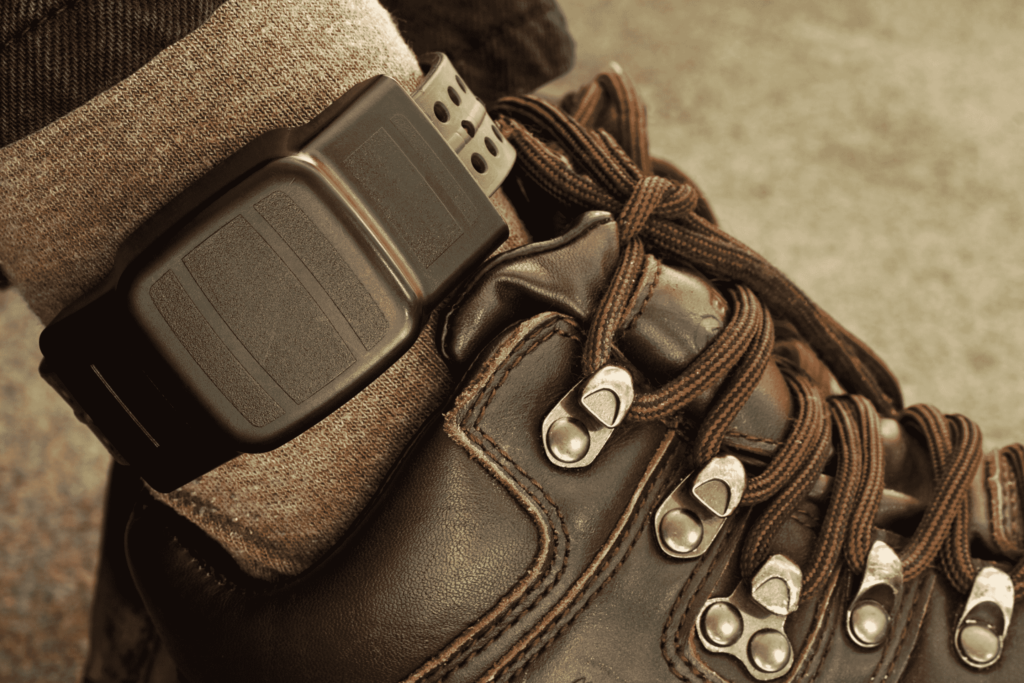Alcohol tags help offenders guilty of drink-fuelled crime to maintain sobriety upon their release.
Since the scheme was introduced in England by the Ministry of Justice one year ago, following a successful pilot in Wales, over 3,121 offenders have been monitored by the tags, with more than 3,000 staying sober – a 97% success rate.
As a result of the schemes success, the Ministry of Justice will roll out alcohol-monitoring tags to other offenders once they are released from prison in the summer, with specific details to be announced in the coming months. It is estimated that by 2025, 12,000 offenders will have had their drinking monitored by the tags.
According to the government, alcohol plays a part in 39% of all violent crime in the UK, and the social and economic cost of drink-related harm is estimated to be around £21.5 billion per year.
Minister of State for Crime and Policing, Kit Malthouse, says: “We are ramping up our use of this innovative technology because it is working, with offenders staying sober 97% of the time.
“It is not only protecting the public from the scourge of alcohol-fuelled crime – it also gives probation officers the chance to work with offenders to help them turn their lives around.”
The tags take samples of an offender’s sweat every 30 minutes to ensure no alcohol is present in their system. If alcohol is present the Probation Service will be alerted, making the offender liable, depending on the severity of their indiscretion, to a prison sentence or fine.
Those found breaking their ban can face a prison sentence and fines. English courts have been able to order offenders to wear alcohol tags as part of a community sentence since April 2021, provided that their crime was alcohol-driven.
An anonymous offender, arrested for drink driving, says of the tags: “I was pulled over on a Saturday morning and was devastated to blow over the limit. Like many others, during lockdown, a drink at the weekend had turned into maybe a glass of wine during the week and it made me reflect.
“I’ve not found wearing the tag hard, but it has given me extra motivation to reduce my intake.”
The ramping-up of the alcohol tags scheme comes as part of the government’s £183 million investment into electronic monitoring of criminals post prison release.
Featured picture: stocksolutions-stock.adobe.com
You may also like
-
Survey finds Gen Z prefer marijuana to alcohol
-
Microneedle patches may soon be able to track how much alcohol you’ve had to drink
-
The non-alcoholic beer industry is expected to grow tenfold by 2025
-
New research suggests Minimum Unit Pricing on alcohol is hindering heavy drinkers
-
Alcohol consumption in reality TV could be harmful for younger audiences, study finds

